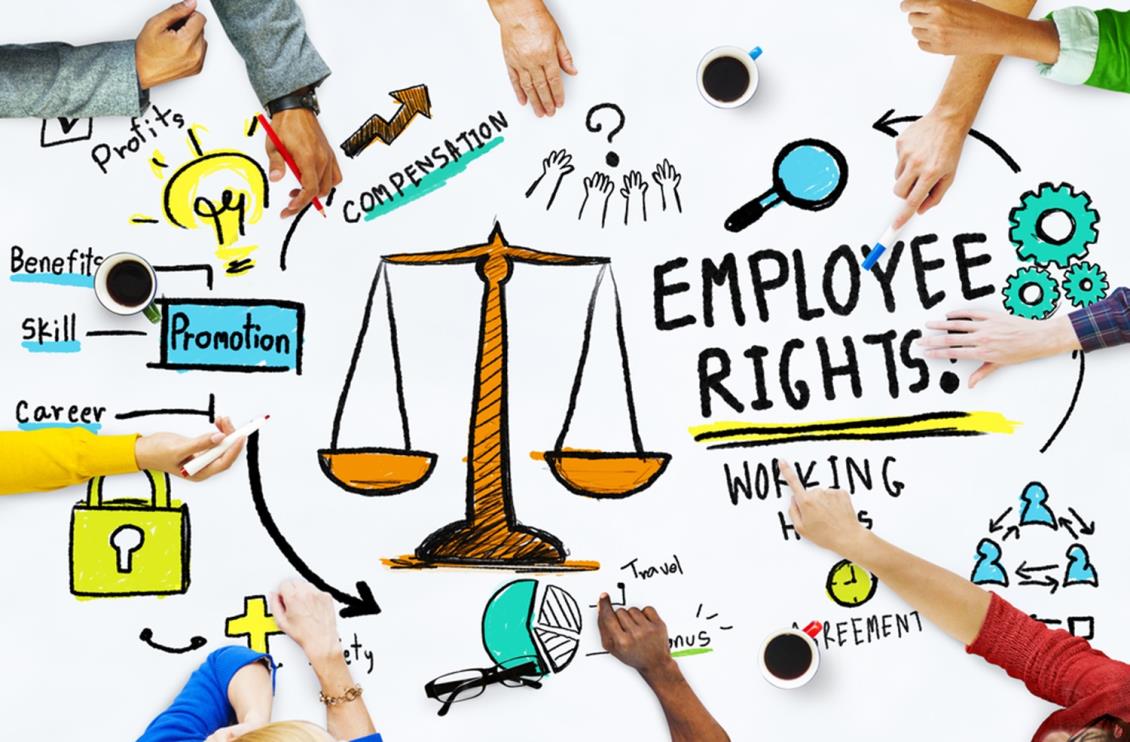Legal Insights: Navigating LGBTI Rights in the UK Workplace
Posted on Saturday, December 16, 2023 by Ian Thomas — No comments

In the ever-evolving landscape of workplace rights, understanding the legal framework surrounding Lesbian, Gay, Bisexual, Transgender, and Intersex (LGBTI) rights in the UK is crucial. This article offers an in-depth exploration of the current legislation, the challenges faced in practice, and the best practices for fostering an inclusive work environment.
The UK Legal Landscape
At the forefront of LGBTI workplace rights, the UK's Equality Act 2010 is a landmark piece of legislation. It explicitly prohibits discrimination on grounds of sexual orientation and gender reassignment, offering comprehensive protection for LGBTI employees. This Act consolidates and strengthens previous anti-discrimination laws, cementing the UK's commitment to equality in the workplace.
Challenges in Realising Legal Protections
Despite robust legal protections, the translation of these rights into everyday workplace realities is not without its challenges. Issues such as subtle forms of discrimination, lack of awareness, and inadequate enforcement mechanisms often impede the full realisation of LGBTI rights in practice. There's a pressing need for not just compliance with the law but a deeper cultural shift in workplace attitudes and norms.
Advancing Best Practices in the UK
UK organisations are increasingly recognising the need to go beyond mere legal compliance:
-
Proactive Inclusivity Policies: More UK employers are adopting explicit policies that not only prevent discrimination but actively promote inclusivity of LGBTI employees.
-
Targeted Training and Awareness: Tailored training sessions aimed at addressing unconscious biases and promoting LGBTI inclusivity are becoming a staple in progressive organisations.
-
Creating Supportive Networks: LGBTI employee networks and allies programmes within workplaces play a critical role in providing support, raising awareness, and advocating for continuous improvements in LGBTI inclusivity.
-
Inclusive Facilities and Practices: Steps such as introducing gender-neutral facilities and respecting preferred pronouns contribute significantly to creating a welcoming environment for transgender and non-binary employees.
-
Regular Policy Review and Adaptation: Keeping abreast of legal and societal changes, UK employers are continuously refining their policies to reflect the most current standards of LGBTI inclusivity.
The Imperative Role of Leadership
Leadership commitment is pivotal in driving change and embedding an inclusive culture. Leaders who demonstrate visible support for LGBTI rights and inclusivity significantly influence the organisational ethos and employee engagement.
Unique UK Perspectives and Challenges
While the UK is progressive in its legal approach, nuances exist across different sectors and regions. Certain industries may lag in embracing inclusivity, and geographical variations can impact the experiences of LGBTI employees. Additionally, the post-Brexit scenario presents new complexities and necessitates a vigilant approach to maintain and enhance LGBTI workplace rights.
Anticipating Future Developments
Looking ahead, the UK is likely to continue its trajectory towards greater inclusivity for LGBTI individuals in the workplace. This may include enhanced legal protections for transgender and non-binary individuals and a more holistic approach to tackling intersectional discrimination.
In the UK, fostering LGBTI rights in the workplace transcends legal obligation, representing a commitment to equality, diversity, and respect. As societal understanding of LGBTI issues evolves, it is incumbent upon employers and policymakers to proactively champion an inclusive workplace culture. The journey towards achieving this is ongoing, with a collective responsibility to nurture an environment where every individual can thrive, irrespective of their sexual orientation or gender identity.